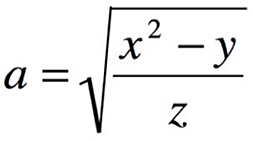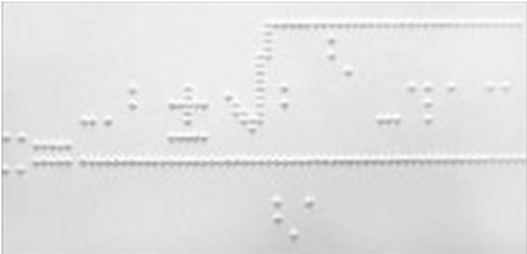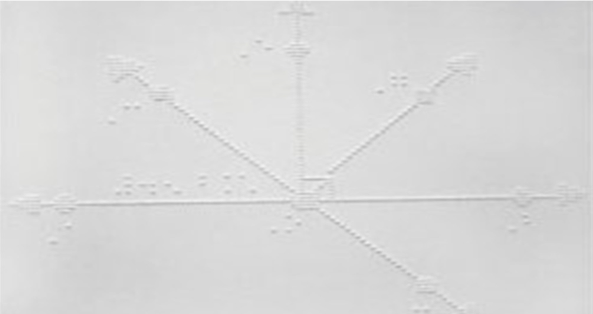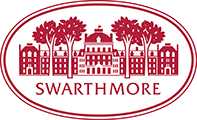Math, visual impairment and linearity
Confessions
Let me say right off the bat, I am not a ‘math person’. I find it interesting, particularly in the context of math as language, but I really don’t “get” it. Nor do I have a great understanding of how our brains work.
The Problem
Apparently there is a linearity problem for students of math who are also visually impaired, especially those who might be dependent on screen readers to interact with formulas. The way it was explained to me is you can take a formula which is a symbolic expression of an equation and it has to be linearized to be consumed by screen reader technology. Below is a simple example of a formula followed by its linearization.
Equation:

Linearized equation:
a = sqrt(((x super 2) – y) / z)
The longer the equation the more linearization is needed and the more human memory is required.
I read somewhere that our brains, without training, can naturally and accurately remember between 5 and 7 things at a time. A more complex equation could span at least a couple of paragraphs when put into a linear format. That is a lot to remember! Imagine if you lost track of a parenthesis…
(aside: Visually impaired mathematicians in history[pdf])
Possible Solutions
Chloe Rose, TVI and Yue-Ting Siu, TVI, Ph.D recently gave a talk at the 2018 CSUN Assistive Technology Conference explaining why many students with visual impairments struggle with math and suggested that engaging other senses like touch or sound might help these, and other, students better succeed in this area.
What follows is some of the technology that is currently available or may soon be available:
Tactile Representations
Refreshable Braille Displays
Tactile paper


http://atwiki.assistivetech.net/index.php/Math_notation
Refreshable Surface graphs
Haptics
Integrated System Devices
Graphati
Tonal representations
Desmos
SAS Accelerator
Invitation
If you are interested in exploring more about this, let us know.
You are also welcome to join us and attend next year’s conference – just get in touch with accessibility at swarthmore.edu

